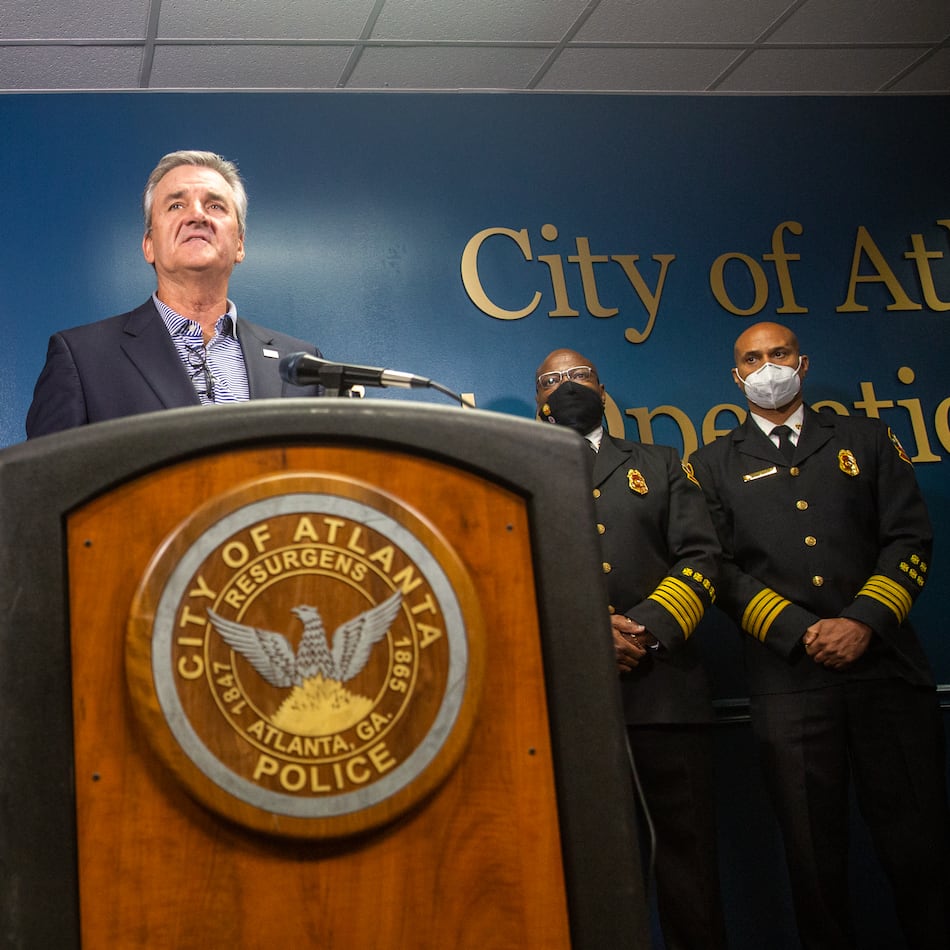Sophie Okonedo’s acting talent speaks for itself: She trained at the Royal Academy of Dramatic Arts and on stage in her native London, before receiving an Oscar nomination for her breakthrough role as Don Cheadle’s wife in the 2004 film “Hotel Rwanda.”
As the daughter of a white mother and a black father, however, the 40-year-old actress would seem uniquely qualified to star in the new movie “Skin.” The drama is based on the true story of Sandra Laing, a black woman born to white parents (played by Sam Neill and Alice Krige) in apartheid-era South Africa.
“The script took me by complete surprise. If I hadn’t known it was real, I would’ve thought the story totally unbelievable,” Okonedo recalls during a recent telephone interview.
Q: Given your own upbringing, on what personal level did you identify with Sandra Laing?
A: Regardless of my upbringing, I’m human, so with every character I play, there’s always a quality I can relate to, no matter how like or unlike the character I am. I really start from within myself and find it easier to invent a character from that point, trying not to separate myself too much or making any judgments about the character.
Q: What are the special challenges or responsibilities of playing a real person, as opposed to a fictional character?
A: There is a slightly heavier weight to carry, but as much as you can, you really have to let it go, because it can really hinder you, worrying about whether you’re doing it justice. I’ve played three real-life characters now, and I find myself approaching them in the same way as if the roles were fictional. Otherwise, you can get stuck doing an imitation.
Q: What sort of research did you do to prepare for the role?
A: We made this film on a rather restricted budget, so there wasn’t as much time as one might think to fully investigate. I had a few weeks to get some kind of context for the character, a feel for the time she’s living in and what was happening socially, politically, economically. Ultimately, it was about just learning the lines and completely inventing her as we went along. In this case, Sandra grew up living in a bubble, really kind of ignorant about the whole political situation, so doing a lot of research didn’t seem as important. On the other hand, I recently played Winnie Mandela [in “Mrs. Mandela” for BBC television], and in that case it was crucial to know everything, exactly what was going on and when and where. With Sandra, I mainly used my imagination. I met her the day before we started filming, but she’s incredibly shy, and I can’t say I really gleaned anything from meeting her. I didn’t really try to.
Q: I expected your Oscar nomination to lead to roles in bigger, more mainstream studio pictures.
A: I decided against doing most of what I was offered [after the nomination], and, on reflection, I don’t regret that. I have a 12-year-old daughter, so there are more important things to me than my career. I don’t like going away for long periods of time, and I’m not particularly money-orientated. I lead a very simple life. I don’t have a very high overhead. I like working on challenging scripts, but the caliber of roles in those big Hollywood studio movies rather bore me. Girlfriends in tight dresses, you know? They’re not very juicy or interesting, and I’m not very good at playing them anyway.
About the Author
Keep Reading
The Latest
Featured

